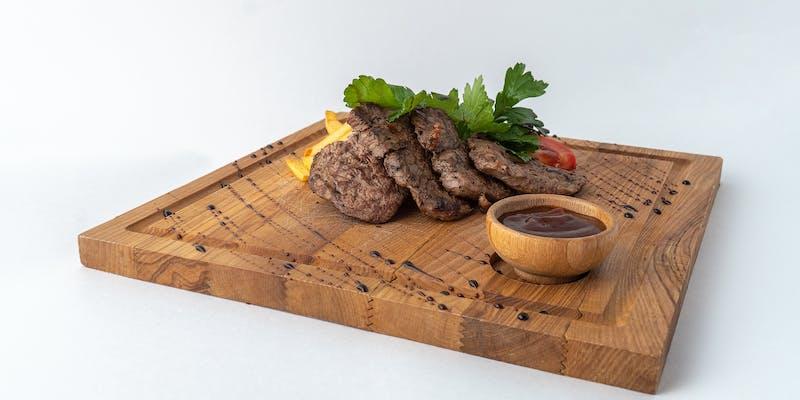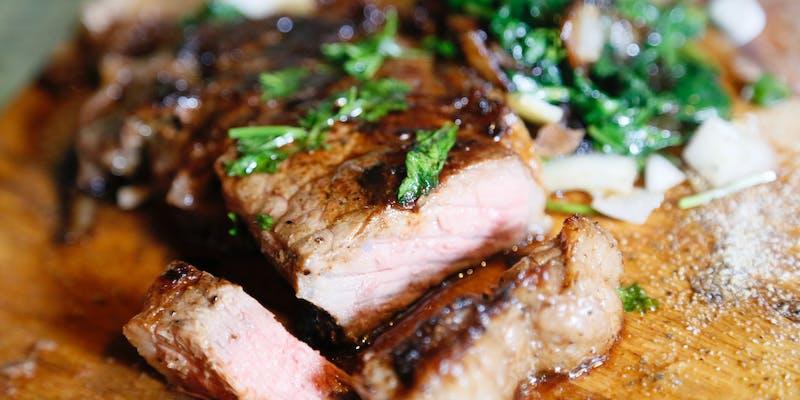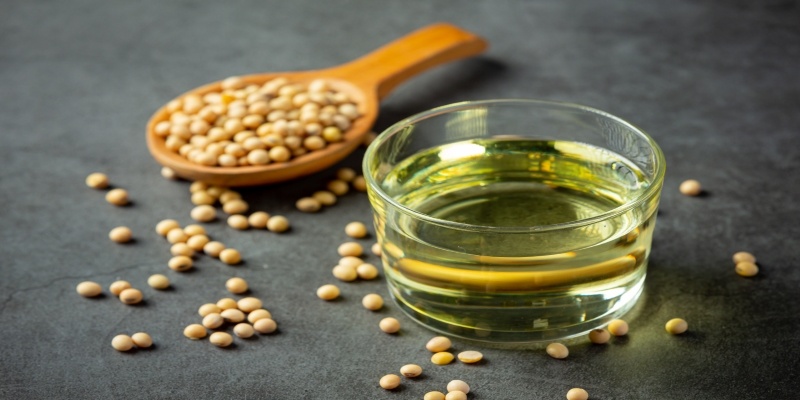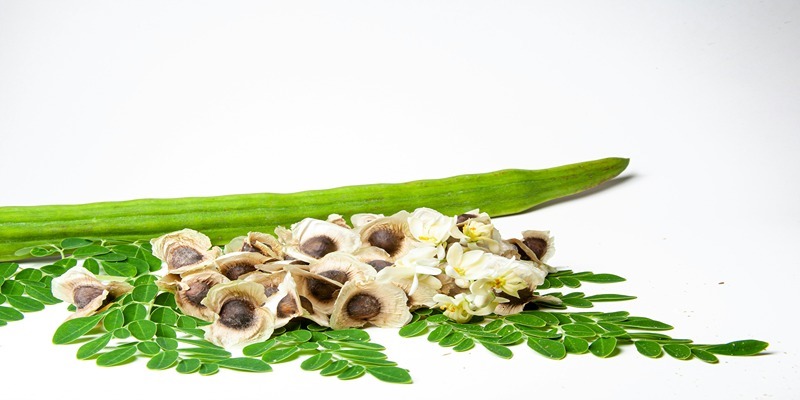The muscle tissue constitutes the beef tongue, a refuse. Without any partitions, fibers, or films, the structure of the cow tounge is delicate. Weights range between 0.2 and 2 kg on average. The product's utility and gustatory appeal have been scientifically validated, satisfying even the most discerning gourmets of gastronomy.
Particular consideration is warranted for the language because it can compete with meat products and sausages. Beef tongue will supply the body with an entire vitamin complex and all the essential, beneficial chemical elements when utilized moderately and appropriately. Beneath international cuisines, tongue meat has been a beloved cut of meat in Eastern Europe and Latin America for centuries, even though it is not a particularly popular dish in the United States.
Beef Tongue History
While unfamiliar to some, tongue meat has existed for quite some time. Archaeological evidence suggests that during the 2.5 million-year period, humans in East Africa consumed wildebeest tongues. Additionally, buffalo hunters in nineteenth-century America delighted in bison tongue dishes well before their appearance on American plates. Humans have historically utilized as much of the animal as feasible, which is hardly surprising.
We consider it an error and, ultimately, a cultural distortion of great cuts that modern society has come to value "higher on the hog" eating while generally devaluing offal and less "desirable" cuts. Therefore, what factors have contributed to the beef tongue's centuries-long popularity across cultures? Its flavor and high nutritional value might be partially responsible for the response.
Beef Tongue Nutrition Facts

There are 22 grams of fat, 19 grams of protein, and 278 calories in one hundred grams of beef tongue portion. The body requires calories for energy and sustenance, so they are vital. The high protein content of cow tounge makes it an ideal dish for those attempting to gain lean muscle mass. Protein is necessary for cellular repair and synthesis.
Beef tongue contains 7 grams of saturated fat and a diversity of healthful unsaturated fats. In moderation, beef tongue is an excellent addition to a healthy diet despite not being classified as a lean meat. Simmered bovine tongue, in a 3-ounce (85-gram) serving, constitutes:
- 241 calories
- 19 grams of total fat
- 6.9 grams of saturated fat
- 0.7g of trans fat
- 600 grams of polyunsaturated fat
- 8.6 grams of monounsaturated fat
- 112 milligrams calcium
- 55 mg Sodium
- 156 mg of potassium
- Zero grams of carbohydrates
- (g) Dietary Fiber
- 0g of sugars
- 16 grams protein
- Daily Value (DV) for vitamin A is 0%.
- 7.0% DV of vitamin B6
- (44% DV) of vitamin B12
- One-eighth vitamin C DV
- 23% DV of zinc.
- 15% DV for Niacin.
- 12% DV salt phosphorus
- (0.3%) Calcium DV
- 12% DV of iron
- 6% DV copper
- 15% DV for riboflavin
Health Benefits Of Cow Tongue

Iron And Zinc
It boosts iron and zinc consumption with a bovine tongue. Adequate mineral intake is crucial for optimum health. Nutritional factors like zinc stimulate the immune system and help the body fight illnesses. However, iron prevents anemia, which causes fatigue due to oxygen deficiency. Minerals like zinc and iron help wounds heal and produce energy. The cooked bovine tongue has 3.5 mg of zinc per 3-ounce serving. Women get 44% of their daily zinc at this dose, while males get 32%. The same serving size includes 2.2 milligrams of iron, 28% of the daily recommended consumption for males and 12% for women. These findings demonstrate eating tongue meat can assist in meeting daily mineral needs.
Vitamin B 12
Choline and vitamin B-12 in the bovine cow tounge make it a fantastic food. Neurological health needs these minerals. Vitamin B-12 affects myelin, which builds nerve insulation for signal transmission. In contrast, neurotransmitters that allow cells to communicate require chiton. Vitamin B-12 is 2.7 micrograms per 3-ounce roasted bovine tongue. The amount bought exceeds the 2.4 micrograms RDA. This way, you'll get enough of this essential vitamin daily. With 132 milligrams, the same serving size provides 24% of the daily choline requirement for males and 31% for women.
Fascinatingly, the nutrient requirements differ between men and women, with women generally having a lower choline requirement than men. This discernment emphasizes the significance of personalized nutrition. Choline is prescribed in 225 milligrams per day for women and 550 milligrams per day for males. You contribute substantially to achieving these nutritional objectives by incorporating tongue meat into your diet.
Protein
One can substantially increase their protein intake by integrating cow tongue into their cow tongue recipe diet. Protein is contained in 16.4 grams per serving or approximately 3 ounces. A comprehensive amino acid profile is what sets bovine tongue and animal proteins in general apart. This means that they provide the organism with every essential amino acid. Critical for harmonizing hormones, repairing and constructing tissues, and bolstering the immune system through producing antibodies, these amino acids serve as the building blocks for new proteins.
Worldwide nutritional studies emphasize the need to eat a diversity of protein sources. US Department of Agriculture studies show that protein diversification enhances public health and well-being. In a balanced diet, cow tongue is a great source of complete protein, which is often overlooked. Selecting a bovine tongue meat as a high-protein snack is not enough. You are also adopting a global culinary tradition. For decades, various cuisines have valued the cow tongue for its taste and nutrients.
Downsides Of Consuming Cow Tongue
While beef tongue is loaded with beneficial nutrients, it has drawbacks, similar to any other food item. Eight grams of saturated fat and one gram of trans fat are among the 22 grams of fat found in one hundred grams of cow tongue recipe. An elevated level of detrimental LDL cholesterol and heightened inflammation may result from a diet high in saturated fats.
Decreasing levels of good HDL cholesterol while increasing levels of poor LDL cholesterol are both effects of trans fat. Furthermore, total lipid content should be taken into account. A 3-ounce tongue meat portion provides a significant portion of the recommended daily fat intake of 44 to 77 grams for a person consuming a 2,000-calorie diet.







